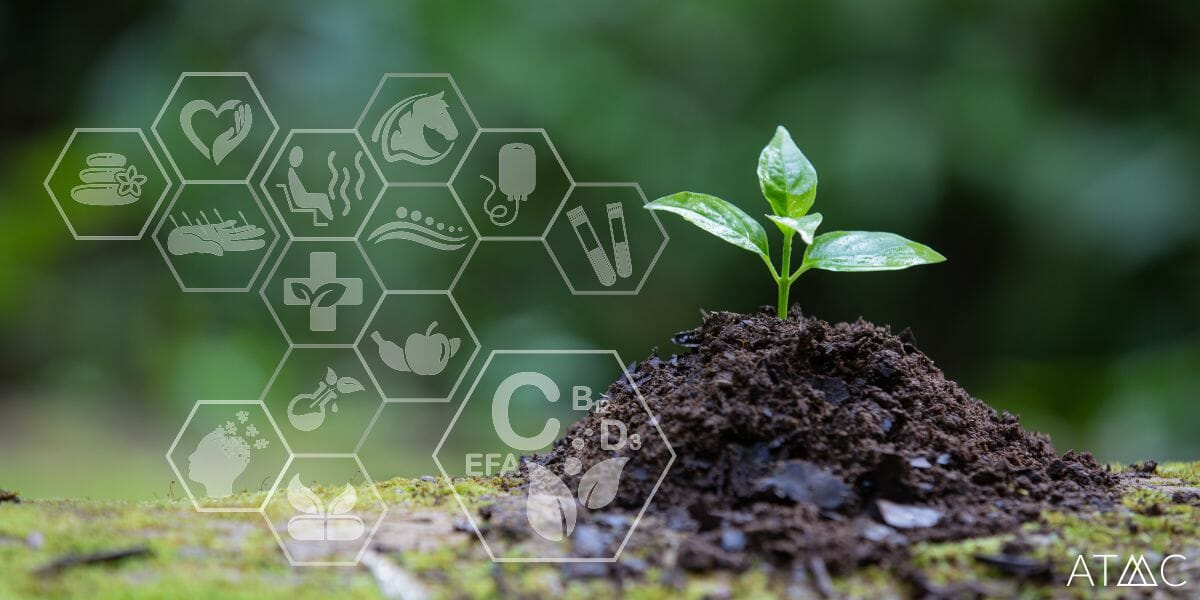What is Lexapro Addiction or Dependence?
Lexapro© is an antidepressant most commonly used to treat major depression (MDD) for persons aged 12 and older, and generalized anxiety disorder (GAD) only in adults. Dependence can form quickly, as well as withdrawal reactions when the drug is discontinued. While there have been rare reports of recreational abuse of Lexapro, in the main, one does not use Lexapro with the intention of becoming addicted.16 However, some people become critically aware of the dependence that has developed within a few months of treatment if the drug is stopped, or a dose has been delayed.
Have you ever forgotten to take a dose, taken it late, or when you ran out of your prescription early or reduced the dosage, you felt sick or dizzy? That is likely a mild set of Lexapro withdrawal symptoms. Most people don’t think about addiction to Lexapro as they would heroin or cocaine addiction. But technically, it’s really not all that different, and once a person has experienced Lexapro withdrawal symptoms; what you call it is not as important as recognizing that the body has adapted to the drug, and is reacting to its absence.14,17 Once a person has been on this medication for an extended amount of time; the body needs it to function, due to the mechanics of neuro-adaptation.18,19 Since it is prescribed by a doctor and if it makes the person feel better; they continue to take it while a gradual dependency is building.
Physical and Mental Signs of Lexapro Addiction/dependence
Many people report first noticing their physical and/or mental dependency upon missing their morning dosage or picking up their prescription a day or two late. Just like any other addiction, they have to have it. If they run out, they will not feel normal or happy, they will need it and they will want it. Some individuals have reported feeling a Lexapro high, though this is rare. It is more common that after a period of taking Lexapro, increasing fear of discontinuing the use of this drug occurs because of the withdrawal reactions that can occur. Also, some may start increasing their daily dosage after developing a tolerance. In surprisingly short order, one may have developed a need for Lexapro addiction help.
What can further compound the situation is the emergence of paradoxical (opposite) effects of antidepressants, especially notable after long-term use. Long-term use of antidepressants can worsen depression or other symptoms, creating a perfect storm for unresolved mental health issues.13
Lexapro for Depression … Does it Cure Depression?
For people with depression, an antidepressant may provide great hope, and even be viewed as a miracle drug, except, unfortunately, it is not. The old adage remains true: if it seems too good to be true, the chances are it is probably not. An antidepressant may relieve depression or some other symptoms for a short time, but it is not actually resolving anything. It may indeed be causing further damage. People who have depression would be advised to try gradually taking steps towards dealing with some of the underlying issues. Get help if needed to authentically overcome these step by step. Depression is associated with a wide range of possible environmental, psycho-social, lifestyle, genetic, and dietary factors. These cannot possibly be assessed in a 15-minute visit to the doctor, or by popping a pill.1
Lexapro is marketed to consumers as more or less an easy way out of troubled waters. Ironically, it may allow you to not have to squarely deal with the contributors to a depressed or sad state, or deal with other unwanted emotions. It may numb your pain and help you to cope and there are times when that is needed. But not as a way of life. People with depression are even more vulnerable to becoming dependent on taking a pill that takes their depression away, and again, just like any other addiction, potentially creates a vicious cycle.
Lexapro Prescriptions – Concerning Trends?
Equally concerning is the very young age at which antidepressants such as Lexapro are prescribed. Can a 12-year-old articulate specifics about their emotional condition and express with clarity the answers to a pre-prescription interview? Are children or even adults schooled in the role of diet and nutrition, exercise, sunshine, exposure to toxins in their school, home, or work settings, allergies, and so many other factors that are known to impact mental well-being? 8-11
Most people on Lexapro were given the medication before any efforts were put forth to investigate any potential causes of the person’s depression, anxiety, or other symptoms. We can help.

 The Alternative to Meds Center programs use
The Alternative to Meds Center programs use 








